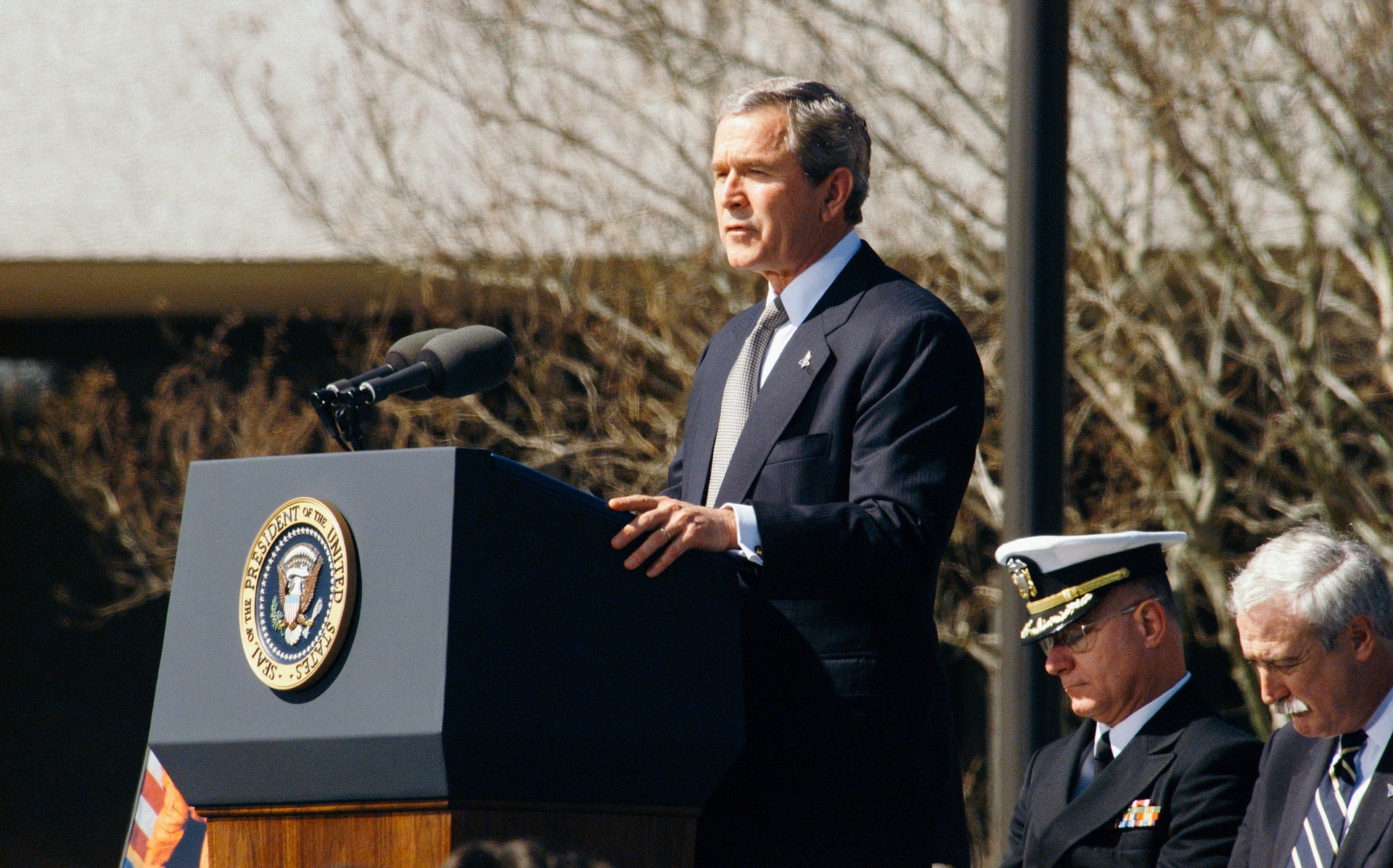
It is vital to worry about politics because you must know what’s happening around you. Also, it’s important to own a say in what’s occurring around you. Every law that’s made will impact many. Sometimes the choices will affect people in a bad way. Every vote that you simply make will either break people or make people.
One reason you must care about politics is that you just must always know what’s happening around you. for instance, if a replacement law is created in your area, you may want to create sure that you simply and therefore the people around you recognize that a brand new law has been made so nobody breaks the law without even knowing it.
Another reason you ought to care about politics is that you just should have a say in what is going to happen. Everyone should have a say in what’s going to happen, because we all live side by side with one another, and it’d not be fair if someone was unseen. It’s always important to share your opinion. The way you vote will affect many of us and our existence.
Finally, you must care about politics because the selections people make will affect many lives. for instance, if someone wanted to make on the land, it’d be good for those who worked within the area, but residents who lived nearby and loved the land and relied on the land for water and food may be devastated. Sometimes things that sound like good ideas could be very devastating later.
These are just some reasons why you must care about politics. Politics are vital and really complicated. Some people won’t care about politics, but when something bad happens, they’re going to regret not voting.




